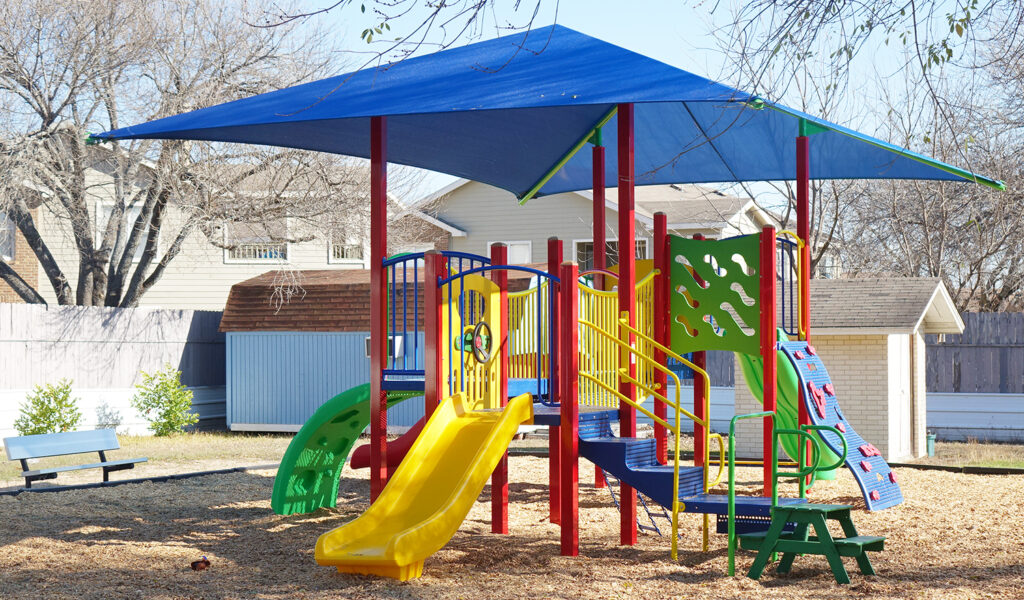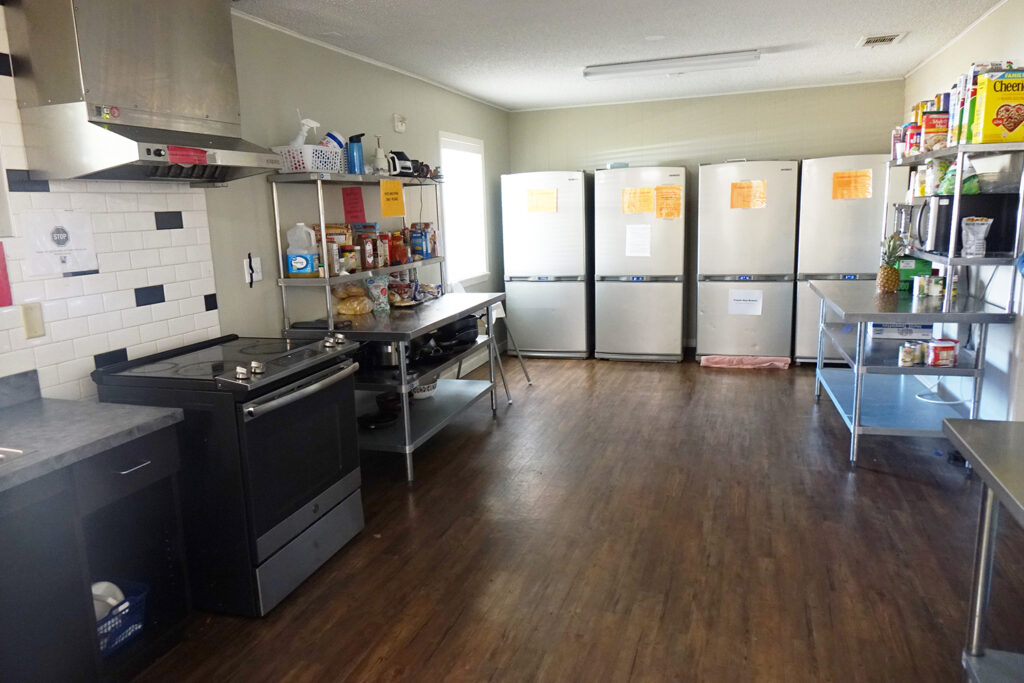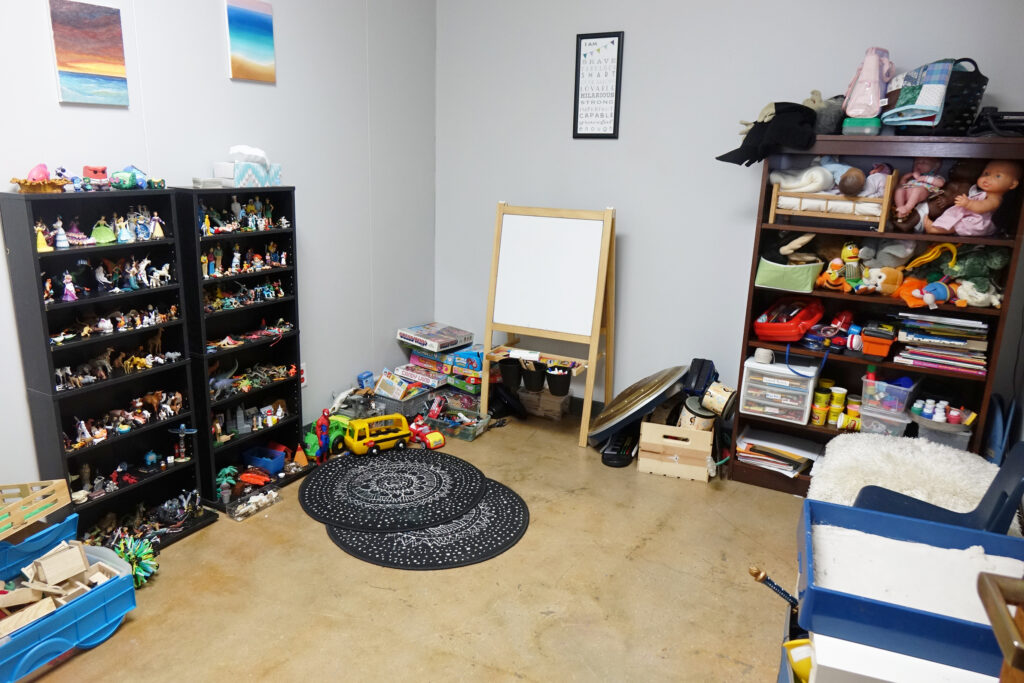According to the CDC, 1 in 4 women and 1 in 7 men will experience physical violence by their intimate partner at some point during their lifetimes. In Williamson County, 33 percent of women and 33 percent of adolescents are or have been victims of a partner.
Fortunately, our county’s crisis center, known as Hope Alliance, has been sheltering and supporting many of those women, men, and families since 1984.

Today, Hope Alliance provides hotline services, counseling, therapy, education, and prevention for nearly 3,000 individuals who reach out on an annual basis. If circumstances require it, they have trusted partnerships with law enforcement and the District Attorney’s office, as well as a secure shelter (left) with 30 beds for people victimized by domestic violence and sexual assault. Last year, bed utilization was 84 percent, and unfortunately, even with expansion and support, they had to refer 927 individuals to other agencies outside our county.
Services and Support
CEO Rick Brown is pleased to have Master’s-level counselors who provide direct therapy and counseling, as well as play therapy for children. Rick says, “I am proud to say we are able to do our best to anticipate any needs our clients may have, well beyond safety, food, and clothing.” Other services include nurse examiners who specialize in sexual assault, which provide for collection of forensic evidence and a good legal foundation for the D.A. to prosecute when necessary.
Hope Alliance has plans this year to expand services, and their living space to include more beds. Rick says, “As Williamson County grows, so does the violence. We are looking for land for a new facility closer to Georgetown. It would become a one-stop shop and adult advocacy and survivor center. We will not simply replicate our current services, but evolve a turn-key operation that takes victims from first phone call to regaining their independence. There are only five like that in the nation and our goal is to put Williamson County on that map.”


Lesa Cantrell is VP of Resource Development. She helps provide education programs to young people and has been working with Southwestern University for some time. “Domestic violence is still a taboo subject. But we need to be able to bring it up in conversation if we’re going to reduce the problem—4 out of 5 parents believe teen abuse is not an issue, but one in three teens is in an abusive relationship. We teach all young people to recognize and mirror appropriate behavior—girls and boys equally need to know and believe that love equals respect.”
How to Help
The dynamics of violence for women often stem from situations where they do not have their own income or transportation, and no one to rely on. They often have to go back to their abuser because they have no support system. District Attorney Shawn Dick says proof of that is in the sharp dropoff in the numbers of crisis calls to actual prosecutions. “It is not a mistrust of law enforcement; it is because people are in difficult circumstances and don’t want to be left homeless afterward.”
All of the services are free, with the understanding that clients will set goals and work toward them. Each client has a case manager who helps with everything from therapy to job skill resources and legal advocacy. Patty Connor, former Hope Alliance CEO explains, “We help clients go through the system, but leave it to the D.A. for legal advice.”
They are currently gearing up for the annual Amplify Austin giving program (March 5-6) but donations are accepted online or at their office. They are happy to receive money, clothing, hygiene items and toys. Lesa says, “Many children come here having left everything behind. Toys are a big part of feeling less vulnerable.”
Volunteers are needed as well, either for office work or with clients (after training). Call 512-255-1212 or visit 1011 Gattis School Rd, Ste 110 to help break the cycle.
